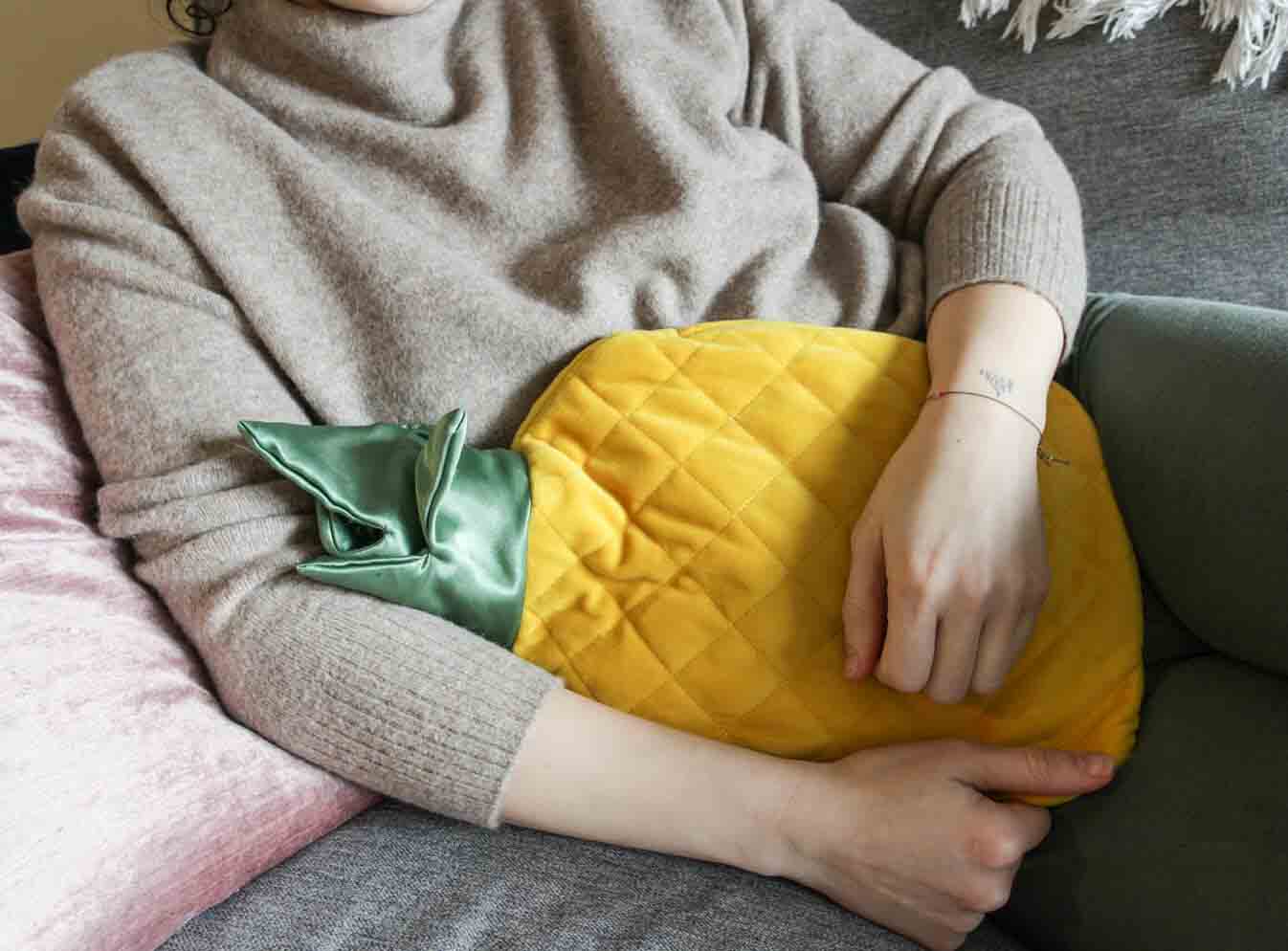Tips On How to Relieve Period Cramps
Tips On How to Relieve Period Cramps
By Dr. Staci Tanouye OB/GYN, MD
Have you ever experienced pain in your lower abdomen during your menstrual cycle and wondered why? The medical term for this pain is dysmenorrhea but is more commonly referred to as period cramps and is a common side effect of menstruation. In fact, pain is the most common problem that women have with their periods.
The cause of these cramps is the uterus contracting to expel its lining. Hormonelike substances called prostaglandins, that are involved in pain and inflammation trigger uterine muscle contractions. High levels of prostaglandins can lead to more severe period cramps. Cramping itself can also constrict blood vessels which further exacerbates pain.
Menstruators might experience emotional changes like increased tiredness and irritability, or more physical changes like acne, sore breasts, stomach aches or feeling bloated/crampy. These side effects are due to fluctuating hormone levels.
Common symptoms of period cramps are:
Teens may start having period cramps around the time of their first period. For most women, period cramps get less painful as they get older. But some women continue to have severe menstrual pain.
Your risk for period cramps may be higher if you:
It’s important to seek advice and treatment recommendations from a medical provider if you feel that your period cramps are severe and impact your day-to-day activities.
What Helps With Period Cramps:
-
Exercise:
I know that working out might not be your first thought when you’re experiencing period cramps but the more you move, the more oxygen delivery and a decrease in prostaglandin release will occur which helps alleviate cramping. Exercises also trigger the release of endorphins which can induce 'exercise euphoria,' and may be effective in reducing period pain levels. -
Avoiding Alcohol and Tobacco:
Alcohol and tobacco impact the balance of prostaglandins which can lead to worse period cramps. -
Reducing Stress:
Higher stress levels have been associated with period cramps. It can be helpful to reduce stressors around the time of your period to prevent period cramps. -
Heat:
Putting a heating pad or hot water bottle on your abdomen can greatly reduce period cramps. Another suggestion would be soaking in a hot bath. Heat relaxes the muscles of the uterus, which helps reduce pain. -
Dietary Supplements:
Taking a variety of vitamins including, vitamin E, omega-3 fatty acids, vitamin B-1 (thiamine), vitamin B-6 and magnesium supplements may effectively reduce period cramps. -
Yoga:
Relaxing your muscles and taking some time to de-stress can significantly decrease period cramps. Yoga is a great way to stretch out tight abdominal muscles. -
Massage:
If period cramps are severe, massaging the abdominal muscles can help loosen them up and lead to relief from period cramps. -
Over-the-counter ibuprofen or acetaminophen
taken as directed on the package can also help period cramps.
Normal period cramps should be well controlled by the simple measures above. If they are not, it’s time to discuss your pain with your doctor.
Period cramps are a common side effect of menstruation. In fact, so common that nearly 80% of women experience period pain at some point in their life. Understanding what causes them and what you can do to prevent cramps and treat discomfort is important. Take some time to try out the various period cramp treatment options listed above and see what works best for you.
Sources Referenced:
- https://www.mayoclinic.org/diseases-conditions/menstrual-cramps/symptoms-causes/syc-20374938
- https://www.womenshealth.gov/menstrual-cycle/period-problems
- https://www.womens-health-concern.org/help-and-advice/factsheets/period-pain/
- https://newsnetwork.mayoclinic.org/discussion/home-remedies-menstrual-cramps/

